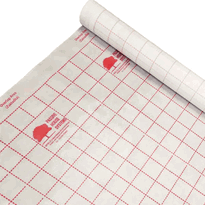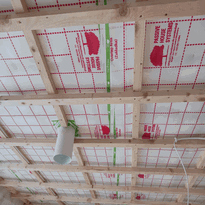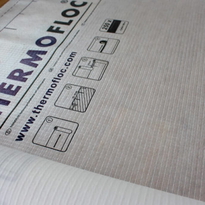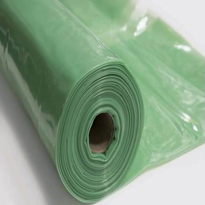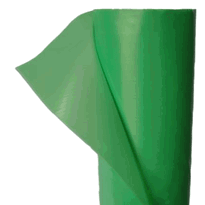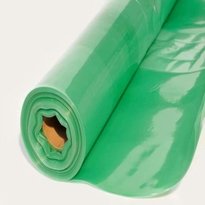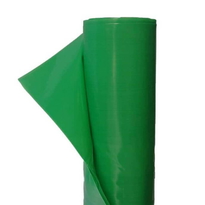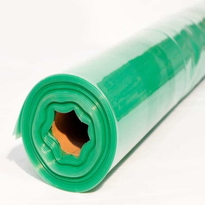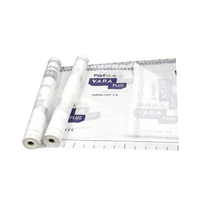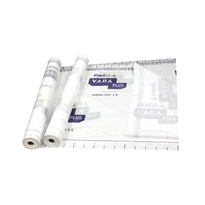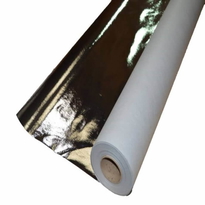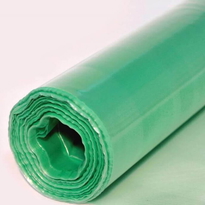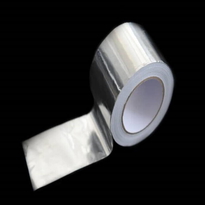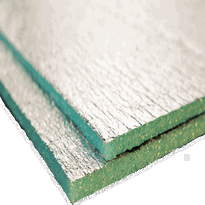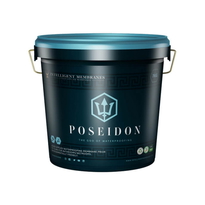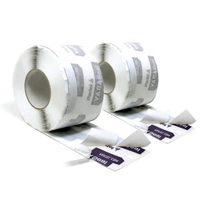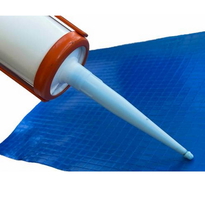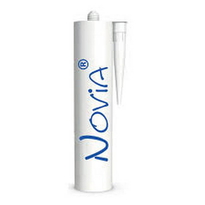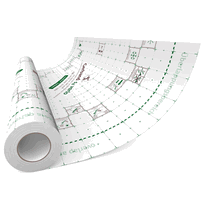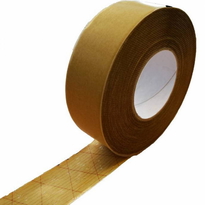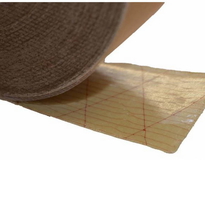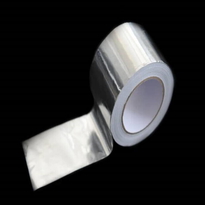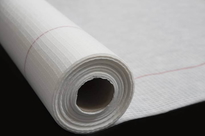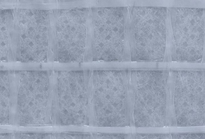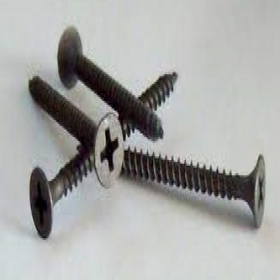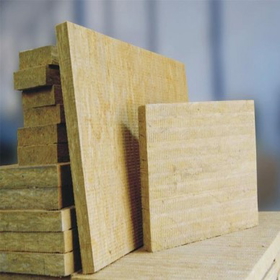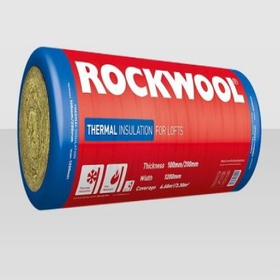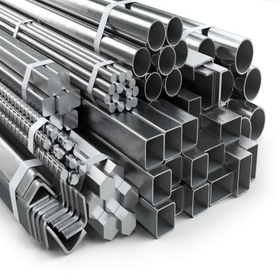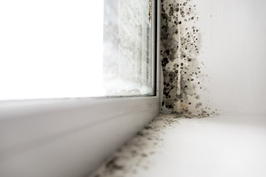Vapour Control Layer
Similar Categories
Vapour Control Layer: What You Need to Know
If you are planning to insulate your home, you might have heard of the term vapour control layer (VCL). But what is it, why is it important, and how do you install it?
In this article, we will answer these questions and more, and help you choose the right VCL for your project.
What is a vapour control layer?
A vapour control layer is a membrane that is used to reduce the movement of moist air from inside a building into the structure. Moist air can cause condensation, which can lead to dampness, mould growth, and damage to the building materials. A VCL prevents this by creating a barrier that blocks or limits the passage of water vapour.
A VCL is usually made of plastic or foil, and it is installed on the warm side of the insulation, which is the side facing the interior of the building. This way, it stops the warm moist air from reaching the cold outer surface of the structure, where it can condense and cause problems.
Why is a vapour control layer important?
A vapour control layer is important for several reasons:
- It protects the insulation from getting wet and losing its thermal performance. Wet insulation can reduce the energy efficiency of your home and increase your heating bills.
- It protects the structure from decay, corrosion, or frost damage. Moisture can weaken timber frames, rust metal components, or crack masonry materials.
- It prevents mould growth and improves indoor air quality. Mould can cause health issues such as allergies, asthma, or respiratory infections. It can also damage your furniture, wallpaper, or paintwork.
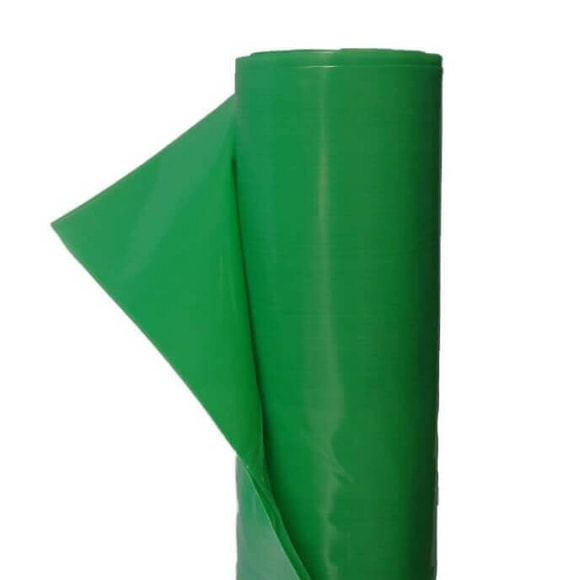 When is a vapour control layer needed?
When is a vapour control layer needed?
A vapour control layer is needed in certain situations where there is a risk of interstitial condensation. Interstitial condensation occurs when moist air penetrates the structure and condenses within the layers of the wall, roof, or floor. This can happen when you install insulation on the inner face of the structure, creating a cold space between the insulation and the outer fabric.
Some examples of when you might need a VCL are:
- When you install internal stud walls and insulation
- When you install a new concrete floor with insulation
- When you modify the roof space and add insulation
- When you insulate areas of high humidity such as kitchens or bathrooms
How do you install a vapour control layer?
The installation of a vapour control layer depends on the type of structure and insulation you are working with. However, some general steps are:
- Prepare the area by cleaning and drying it
- Measure and cut the VCL to size
- Apply the VCL to the warm side of the insulation and staple it to the timber studs or joists
- Seal all joints, edges, and penetrations with tape or sealant
- Cover the VCL with plasterboard or other finishing material
What products do you need for a vapour control layer?
At Buy Insulation Online, we offer a range of products that can help you create an effective vapour control layer for your project. Some of these products are:
- Novia Vapour Control Layer 500g Polythene VCL: This is a high-quality polythene membrane that provides excellent vapour resistance. It is suitable for walls, roofs, and floors with permeable insulation such as mineral wool or sheep’s wool.
- Novia Vapour Control Layer 1000 Gauge VCL: This is a heavy-duty polythene membrane that provides superior vapour resistance. It is suitable for walls, roofs, and floors with impermeable insulation, such as PIR or EPS.
- Novia Vapour Control Layer 1200 Gauge Vapour Barrier: This is an extra-strong polythene membrane that provides exceptional vapour resistance. It is suitable for walls, roofs, and floors with high humidity levels such as bathrooms or kitchens.
- Aluminium Foil Tape by Novia: This is a self-adhesive tape that is used to seal the joints and edges of the VCL. It has a high-tack adhesive that bonds well to most surfaces. It also has a reflective foil surface that enhances thermal performance.
- Double-Sided Lap Tape by Novia: This is a double-sided tape that is used to join two layers of VCL together. It has a strong adhesive that creates an airtight seal between the membranes. It also has a release paper that makes it easy to apply.
- Novia Airseal310 Sealant Cartridge Airtight Sealant: This is a sealant that is used to fill any gaps or holes in the VCL. It has a high elasticity that allows it to accommodate movement and vibration. It also has a low odour and low VOC content which makes it safe to use indoors.
- Novia 500g Vapour Control Layer Kit VCL Kit: This is a complete kit that contains everything you need to install a 500g polythene VCL for up to 50m2 of area. It includes the VCL membrane, the foil tape, the lap tape, and the sealant.
- Novia 1000 Gauge Vapour Control Layer DIY Kit: This is a complete kit that contains everything you need to install a 1000 gauge polythene VCL for up to 50m2 of area. It includes the VCL membrane, the foil tape, the lap tape, and the sealant.
How do I calculate how much VCL I need for my project?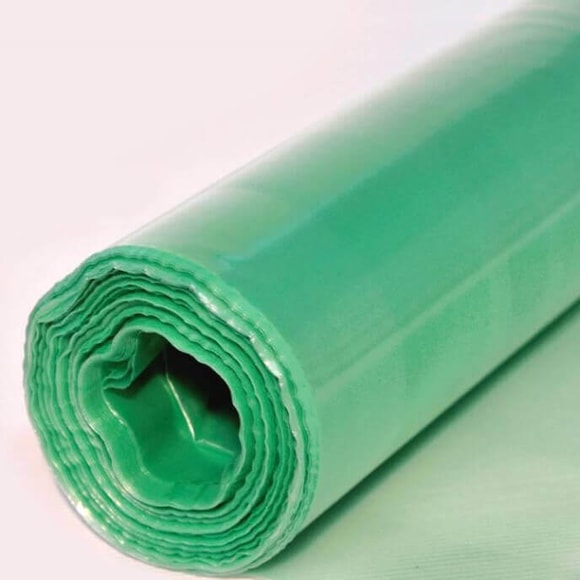
To calculate how much VCL you need for your project, you will need to know the area of the surface that you want to cover with the VCL. This can be the area of the wall, roof, or floor that you are insulating. You can measure the length and width of the surface and multiply them to get the area in square metres.
Alternatively, you can use a formula that depends on the type of structure and the P/A ratio. The P/A ratio is a measure of how much the perimeter of the floor is exposed to the outside air. It is calculated by dividing the exposed perimeter (in metres) by the floor area (in square metres). The P/A ratio, together with details about the construction of the floor, can be used to calculate the amount and thickness of insulation required to comply with the building regulations.
Once you have the area of the surface that you want to cover with the VCL, you can choose a suitable product from our website and check its dimensions. For example, our Novia Vapour Control Layer 500g Polythene VCL has a width of 4 metres and a length of 25 metres, which means it covers an area of 100 square metres. You can divide the area of your surface by the area of the product to get the number of rolls that you need. You should also add some extra allowance for overlaps and wastage.
For example, if you want to cover a wall that has an area of 150 square metres with our Novia Vapour Control Layer 500g Polythene VCL, you will need at least two rolls of the product. You should also add some extra material for sealing the joints and edges with tape or sealant.
How do I install VCL on a concrete floor?
To install a VCL on a concrete floor, you will need the following products from our website:
- A suitable VCL membrane, such as Novia Vapour Control Layer 500g Polythene VCL, Novia Vapour Control Layer 1000 Gauge VCL, or Novia Vapour Control Layer 1200 Gauge Vapour Barrier
- Aluminium Foil Tape by Novia or Double Sided Lap Tape by Novia to seal the joints and edges of the VCL
- Novia Airseal310 Sealant Cartridge Airtight Sealant to fill any gaps or holes in the VCL
The steps for installing a VCL on a concrete floor are:
- Prepare the area by cleaning and drying it
- Lay a damp proof membrane (DPM) over the hardcore and sand blinding layer. This will prevent moisture from rising from the ground into the concrete slab. The DPM should be at least 1200 gauge polythene and should overlap at least 150 mm at the joints. The DPM should also extend up the walls by at least 150 mm.
- Pour the concrete slab over the DPM and level it. The concrete slab should be at least 100 mm thick and should cover the entire floor area.
- Lay the insulation boards over the concrete slab, making sure that they are tightly butted and cover the entire floor area. You can use any type of insulation that is suitable for floors, such as PIR, EPS, or XPS. The thickness of the insulation will depend on the U-value requirement and the P/A ratio of your floor.
- Lay the VCL over the insulation boards, making sure that it covers the entire floor area and extends up the walls by at least 150 mm. The VCL should be installed on the warm side of the insulation, which is the side facing the interior of the building. The VCL will protect the insulation from getting wet from the screed and will also prevent water vapour from passing through into the structure.
- Seal all joints, edges, and penetrations of the VCL with tape or sealant. You can use Aluminium Foil Tape by Novia or Double-Sided Lap Tape by Novia to join two layers of VCL together. You can use Novia Airseal310 Sealant Cartridge Airtight Sealant to fill any gaps or holes in the VCL. Make sure that there are no gaps or holes in the VCL that could allow moisture to escape or enter.
- Apply a screed over the VCL and the insulation boards. The screed should be at least 65 mm thick and should cover the entire floor area. The screed will provide a smooth and level surface for your final flooring material.
- Finish your floor with your chosen flooring material, such as tiles, wood, carpet, or vinyl.
Conclusion
In conclusion, a vapour control layer (VCL) is a crucial component in insulation projects, protecting your home from condensation, moisture damage, and mould growth, especially in scenarios like insulating inner walls, concrete floors, or high-humidity areas. Proper installation involves preparation, measurement, attachment, sealing, and applying finishing materials, with product selection tailored to your project's needs.
A well-installed VCL not only safeguards your home but also enhances energy efficiency and indoor air quality. We offer a variety of VCL products to suit different applications and requirements. Whether you need insulation, assistance with calculating your VCL requirements, or guidance on concrete floor installation, we're here to help. If you have any questions or need advice, please don't hesitate to contact us. Thank you for choosing Buy Insulation Online, and we look forward to assisting you with your project.
